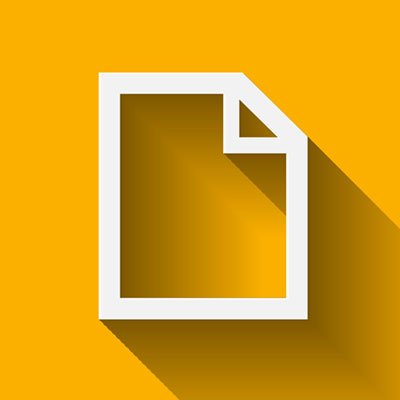The deadline for industry comment on the EMA draft reflection paper on GCP compliance in relation to trial master files (paper and/or electronic) (TMF) for management, audit and inspection of clinical trials was 30 April 2013. The draft paper included several recent issues noted during GCP inspections, many of which I’ve experienced firsthand as an auditor, particular with regard to paper TMFs:
I’ve been provided access to the “entire paper TMF” only to find out it was actually a copy of the TMF after questioning why specific documents were missing, and others were not originals.
I’ve found documents filed in paper TMFs that were for different studies and, in the case of a CRO, different sponsors.
I’ve found numerous duplicates within the TMF that caused considerable loss of audit time.
I’ve seen lack of clarity within organizations regarding what types of correspondence should be included in the TMF, and who should make that decision. In one company, employees such as project managers, monitors, etc. submitted all correspondence to a file clerk who then decided whether to file it or throw it in the trash. The file clerk was not qualified to make such decisions and was guessing.
I’ve identified that key regulatory documents were missing, and was told that they were missing because the previous project manager (who had left the company) “kept those in his desk.”
I’ve come across employees who were confused about where to find particular documents due to confusing filing scenarios that they couldn’t even decipher.
I’ve seen organizations not adhering to their own SOPs with regard to various QC checks of the TMF.
I’ve seen documents “checked” out of the TMF for long periods of time that were not yet returned at the time of the audit. When requested these documents, obtaining them took much longer than it should have. Now many companies, either with stellar or flawed paper TMFs, are transitioning to eTMFs to more fully embrace overall changes in technology and business. The biggest industry concerns I’ve seen from a management perspective with regard to moving to eTMFs are:
How can companies remain cost effective while designing and implementing the IT infrastructure and processes needed to satisfy eTMF requirements?
How can companies seamlessly move from paper TMFs to eTMFs?
These questions have different answers depending on the complexity and size of organizations. The industry still has far to go.
In 2012, I attended a US-based industry conference specifically addressing the transition from paper to eTMF. Not a single US or international company represented at the well-attended conference had successfully moved to a stand alone eTMF. An FDA speaker stated that, in general, FDA inspectors were not yet comfortable with electronic records and that companies should be extremely cautious in considering the destruction of paper. While informative, the conference seemed to generate more questions than answers. The answers will eventually present themselves, most likely with big pharma taking the lead to invest in the infrastructure needed to support stand alone eTMFs that meet regulatory standards. Until then, it’s a tricky hybrid road. Industry should take the time needed to cover all bases as they transition to electronic files. I suspect that some of the issues I’ve seen in my auditing experience surfaced due to companies looking for quick transitions without fully considering the implications, and perhaps not understanding the expectations.
The final EMA reflection paper will bring the industry one step closer to gaining that understanding. The EMA is clearly relaying that sponsors (regardless of size or complexity) need to create a clear, secure, easy, and comprehensive paper trail within the TMF that enables inspectors to re-create clinical trials, “akin to flipping the pages of a book.” In addition, inspectors want the entire book, not the abridged version or excerpts. No matter how good they may be, they will fall short of the unlimited access required.
It sounds easier than it is.
Read the draft reflection paper here.

